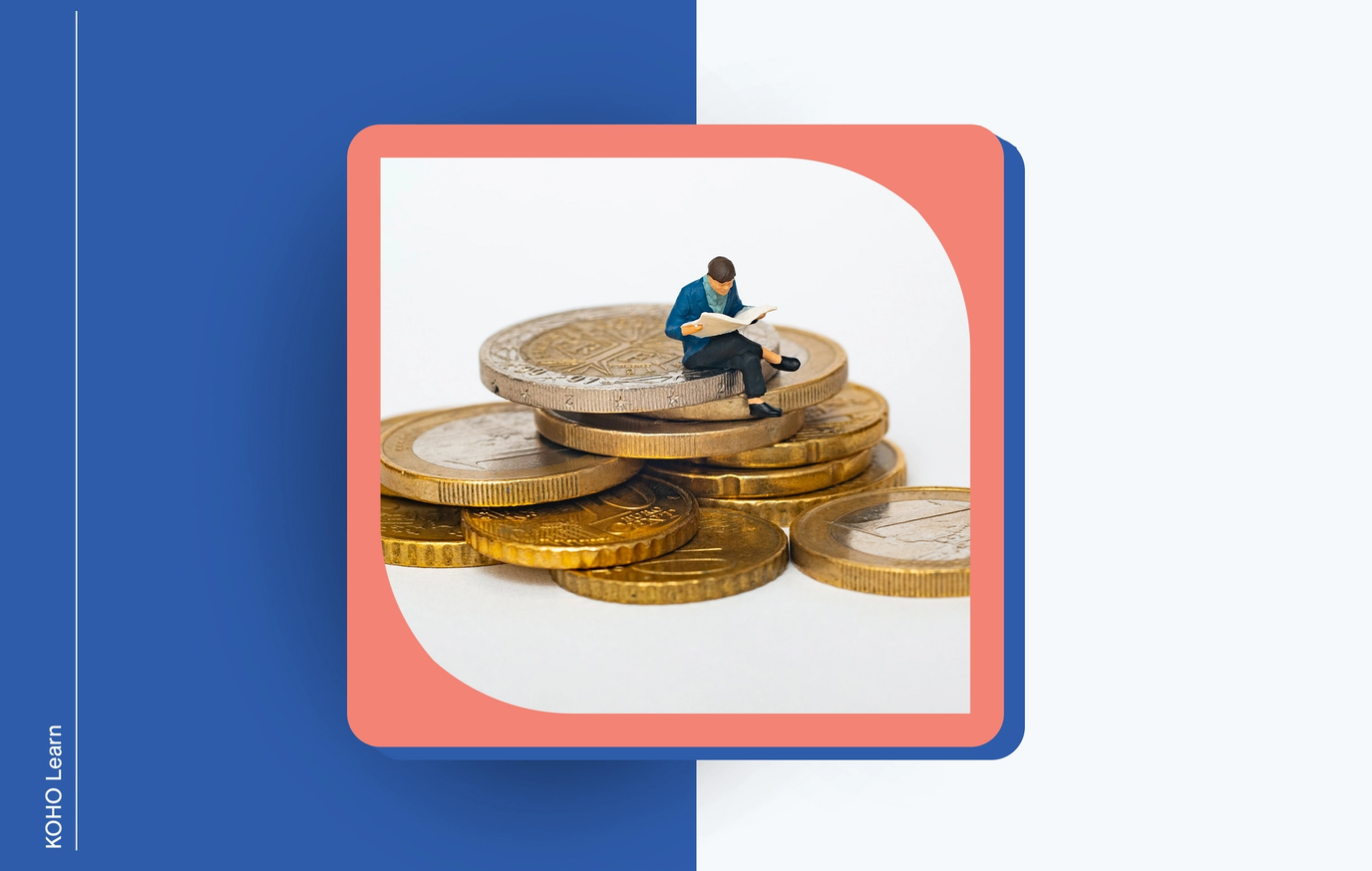Back
Chequing Account Vs. Savings Account: Where Should Your Money Go?
5 min read
Written By
moneyGenius

If you’re earning your own money, having a bank account is a good idea to keep your money safe and make shopping and paying bills a bit easier. When choosing an account to open, you’ll have 2 options: a chequing account or a savings account.
A chequing account is more of an everyday bank account – used to pay for daily purchases and other transactions. A savings account is a place to set aside money for bigger purchases.
There are benefits to having each type of account and they both serve separate purposes. Let’s look at a few things you should consider when deciding which account to open, including the differences, the pros and cons, and more.
Chequing vs. savings accounts
Pros and cons
Hybrid savings accounts
FAQ
What is a chequing account vs. a savings account?
A chequing account is designed as a convenient place for money that you’ll want easy access to daily or throughout the month. You may wish to have your paycheque directly deposited into this account, and you’ll likely use these funds to make purchases and pay bills.
Chequing accounts don’t typically pay you interest. They come with a monthly fee to cover account transactions and some will even waive these fees if you keep a minimum balance in your account.
A savings account is an excellent place to put money that you want to save. You may be setting aside an emergency fund, saving up for a car or school, or already banking a portion of your income for retirement or other long-term goals.
Savings accounts pay a small amount of interest on funds, and some are called high-interest savings accounts for their attractive rates. Because you won’t be accessing this money often, you may have to pay a transaction fee to withdraw money, depending on the account.
Pros and cons of a chequing account vs. savings account
While both types of accounts can be helpful, it’s wise to learn the difference between them and familiarize yourself with the pros and cons of each.
That way, you can make the best decision for your situation and make the most out of the benefits of each while minimizing drawbacks.
| Type of Bank Account | Pros | Cons |
| Chequing account |
|
|
| Savings account |
|
|
The best of both worlds: A hybrid savings account
If you want the best features from both accounts, you can choose a hybrid spending/savings account. These are chequing accounts that earn interest on your balance, making it so you get a return on every dollar you have waiting to be spent.
Want an example? The best option in Canada is the KOHO Earn Interest Hybrid Account. With this account, you use a KOHO prepaid card to make everyday purchases that earn you cash back and you’ll earn up to 4% interest on every dollar in the account.
The rates you get depend on which KOHO tier you get, so if you go with the Everything Plan for $19 a month, you'll get the following rates;
Up to 2% cash back on purchases
4% interest on your balance
Which account should you choose: chequing vs. savings?
A chequing account is probably your best bet for the money you’re using to pay your bills and cover day-to-day spending. It’s also a handy spot for all the money that comes in and out in a month, like your paycheque.
A savings account is a secure place for funds you want to tuck away and, even better, add to over time. Having a separate account for these funds can also inspire you to save more and work towards your savings goals.
Now that you know the differences between chequing accounts vs. savings accounts and the pros and cons of each, which one best serves your purposes?
Drop a note in the comments and let us know!
FAQ
Which is better between a chequing account vs. a savings account?
The best type of bank account for you is the one that meets your needs for how you want to use a certain sum of money. You may decide to open one of each (or, if you find a no-fee savings account, you may even open more than one for different uses, such as emergency funds and saving up for a trip).
Which has a higher interest rate between a chequing and savings account?
A savings account typically has a higher interest rate than a chequing account, but it pays to check the fine print. The rates paid by banks and other financial institutions can vary widely, as can the fees.
Is there a debit card for a chequing account or savings account?
A debit card allows you to access your accounts via ATMs and online banking. While it’s often used to make day-to-day spending more convenient (and likely connected to your chequing account for this purpose), it can actually be connected to both chequing and savings accounts.
How much money can I keep in each account?
The target number to keep in your chequing account is individual to each person but it should be enough to cover your monthly expenses and avoid bank fees. As for savings, aim to have about 3 months’ worth of living expenses in there as an emergency fund.